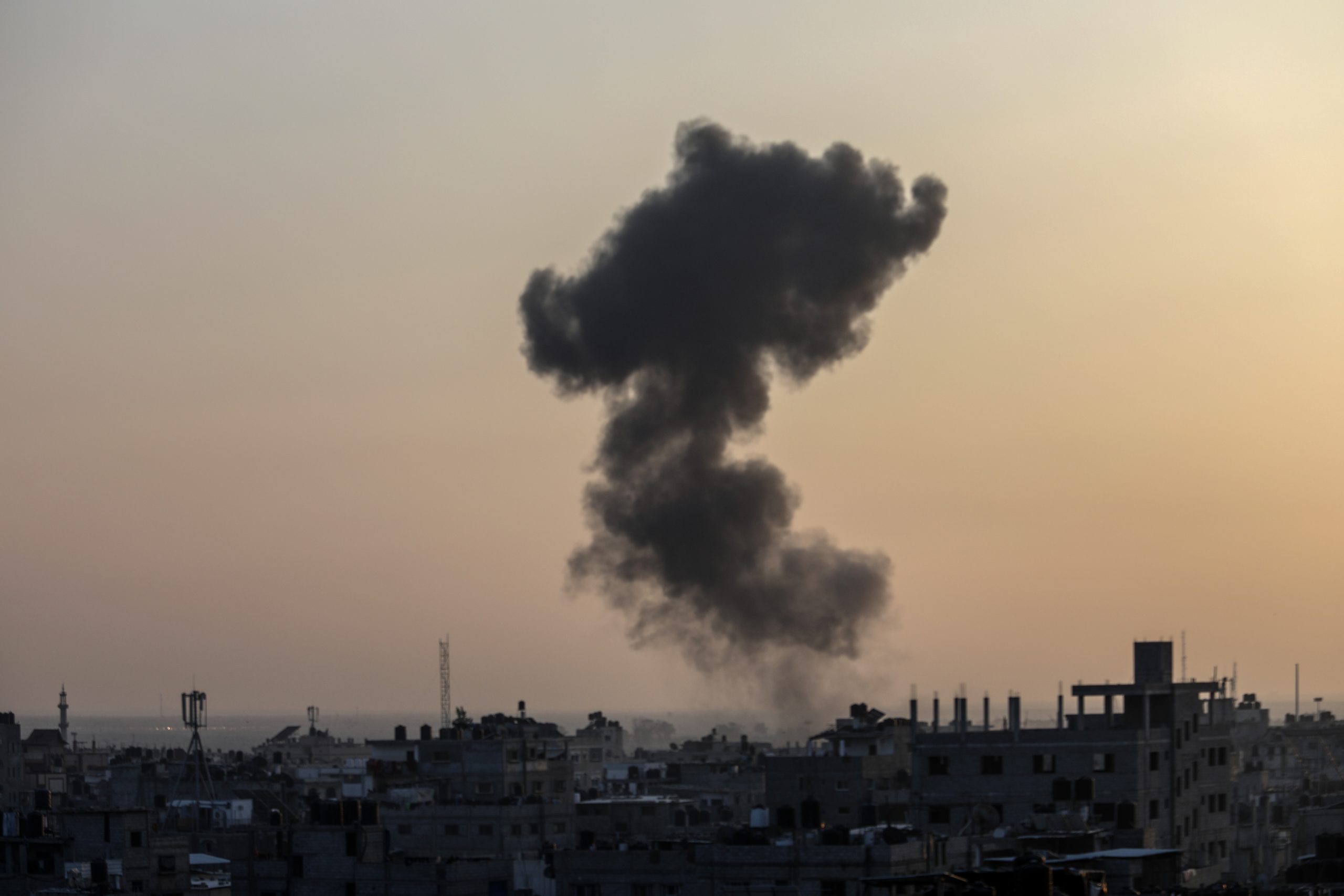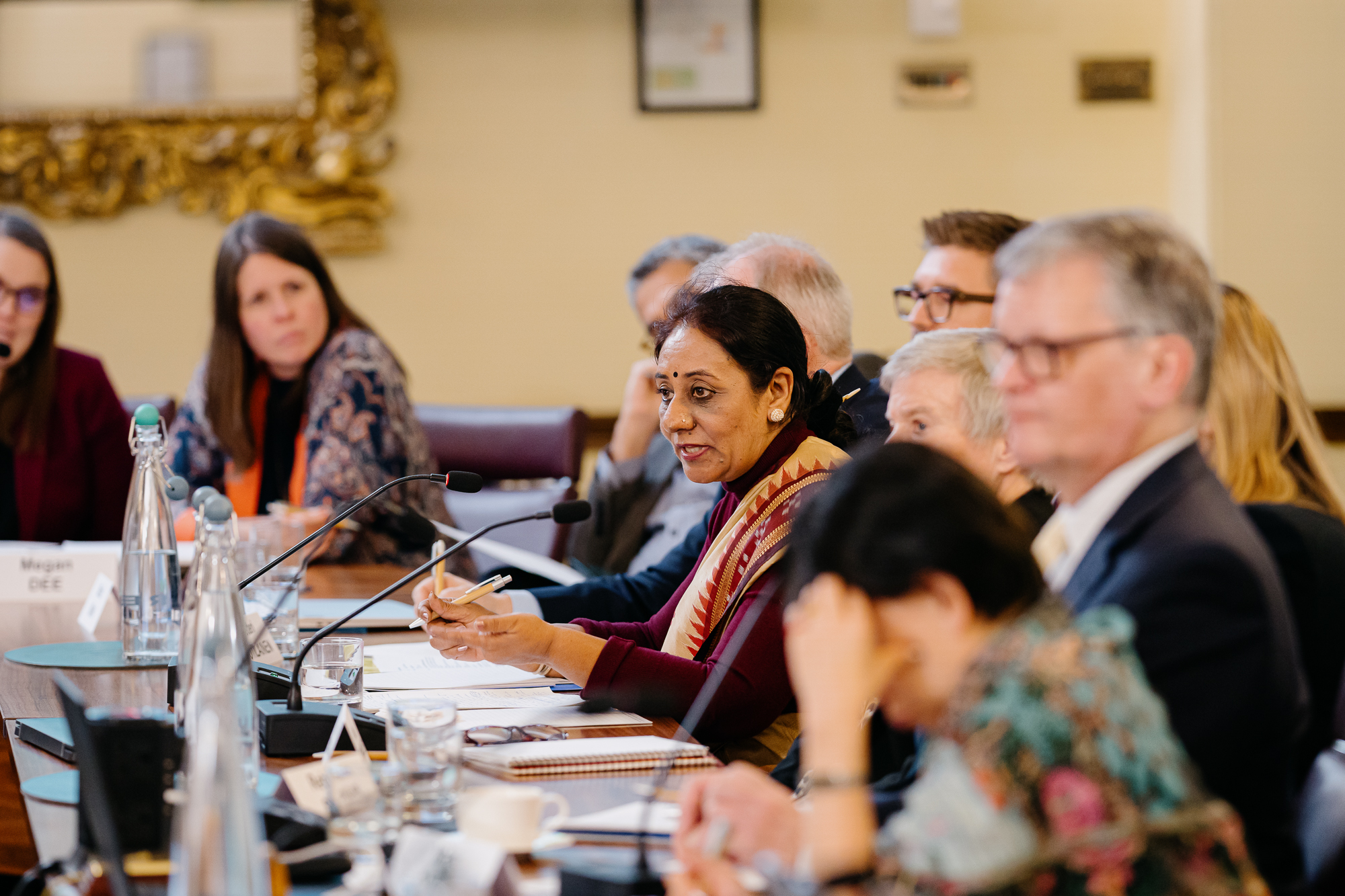In association with Los Alamos National Laboratory (LANL), UK Foreign & Commonwealth Office (FCO), Sandia National Laboratories and Norwegian Ministry of Foreign Affairs
2012 is proving to be an eventful year for the nuclear non-proliferation regime. The 2012 NPT PrepCom kicked-off the review process for the 2015 NPT Review Conference, the second Nuclear Security Summit took place in Seoul, the EU3+3 resumed talks with Iran, the P5 convened in Washington to discuss meeting 2010 NPT Action Plan commitments relating to Article VI, and preparations remain under way for the conference on a WMD-Free Zone in the Middle East.
The nuclear non-proliferation regime continues to face evolving challenges, conflicting priorities, and inter-related pressures. The implementation of the 2010 NPT Action Plan remains a demanding task for effective multilateral diplomacy. Our annual conference convened in December to facilitate frank dialogue for progressing diplomatic solutions to existing challenges facing the regime and for laying the groundwork towards a successful 2015 NPT Review Conference.
In the post-conference report, conclusions are:
- It is important to consider how best to define success in 2015; there is a distinction between the success of the conference (usually defined as an outcome document) and success at moving goals of NPT forward. It will also be important to break the ‘boom and bust’ pattern of success-failure-success-failure at successive NPT Review Conferences.
- Key substantive challenges for the regime and NPT diplomacy are:
- Making sufficient progress on nuclear disarmament to address the perception that NWS “have their fingers crossed” when pledging commitment, and nurturing the process of engagement amongst the P5;
- Addressing the Iranian nuclear issue. Some regard this is the main issue, others as one amongst many;
- To revive the formal processes: generating progress on entry into force of the CTBT; getting a process for taking the Middle East Zone forward; getting FMCT negotiations going. The last is often cited as the best concrete opportunity to bridge NWS-NNWS divide and also that between NPT and non-NPT states.)
- There also exists a set of what might be called structural challenges, under the umbrella challenge of how to put in place a process of conceptual, technical, political dialogue between NWS and NNWS. The latter, for some, perhaps need to recognise the value that non-proliferation has for them, that they have a stake in it and that it makes them more secure. The former perhaps also need to recognize that stockpile reductions in the face of widespread modernisation of arsenals do not equate to disarmament, and that nuclear weapons have no inherent legitimacy, so the direction has to be in reducing their role and saliency in security policy.
- In the past, the major task for the regime has been balancing a managed system of military engagement with nuclear technology, and a managed system of military abstinence from and civil engagement with nuclear technology, with the NPT acting as a central vessel of norms, rules, organs and processes. Today however we face greater complexity with a strong, established Euro-centric system of military engagement that is contracting, increasing in transparency and regulation alongside a weak Asia-centric system of military engagement that is expanding, with a Middle East connected to them both and lacking compliance. We need a discussion about what role nuclear weapons play, about whether we need nuclear weapons for deterrence and on the meaning of deterrence itself. In working towards a nuclear weapon free world, we need to consider what that world would actually look like; there is a need to move from reliance on nuclear weapons to greater reliance on international systems; we cannot underestimate how much removing threat of nuclear attack would contribute to real peace and security and enable governments to focus on other key global issues.












